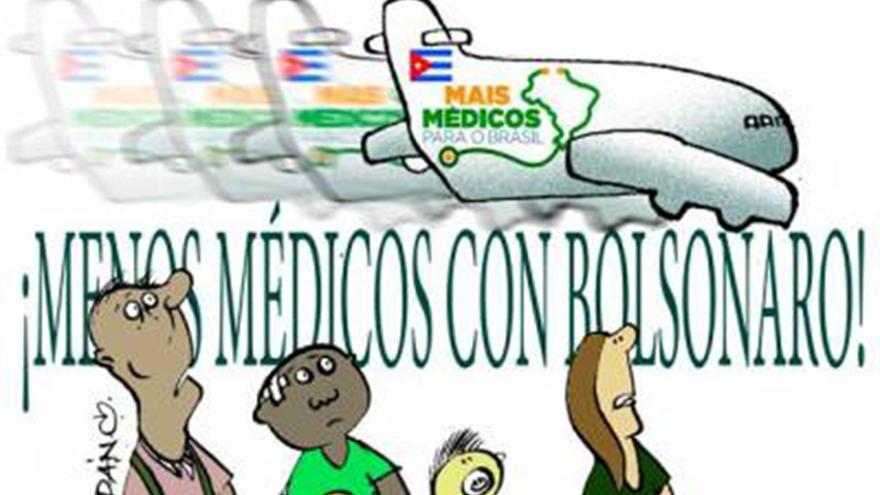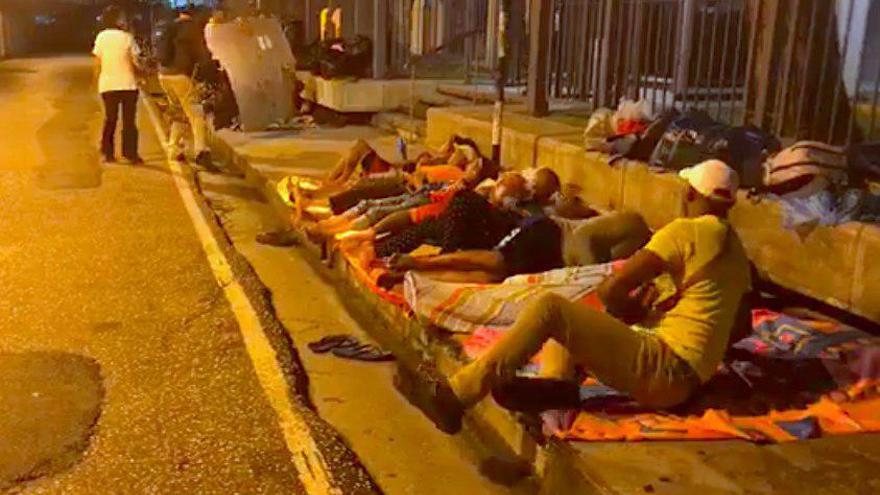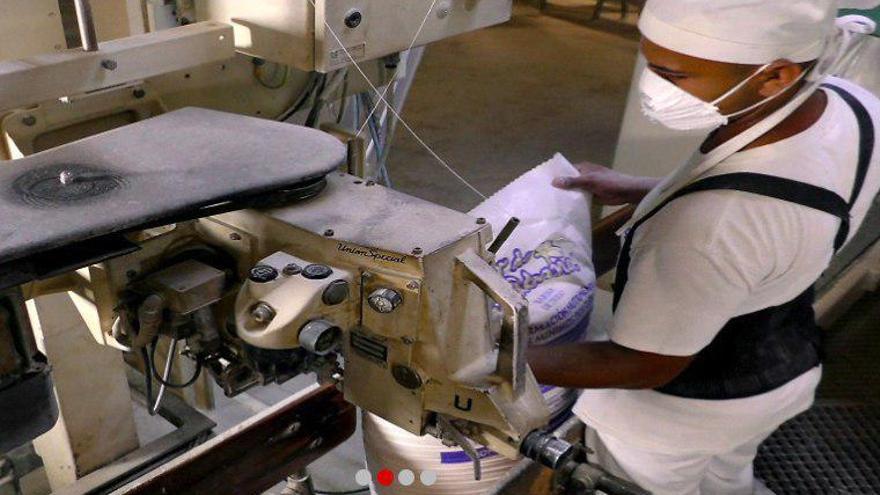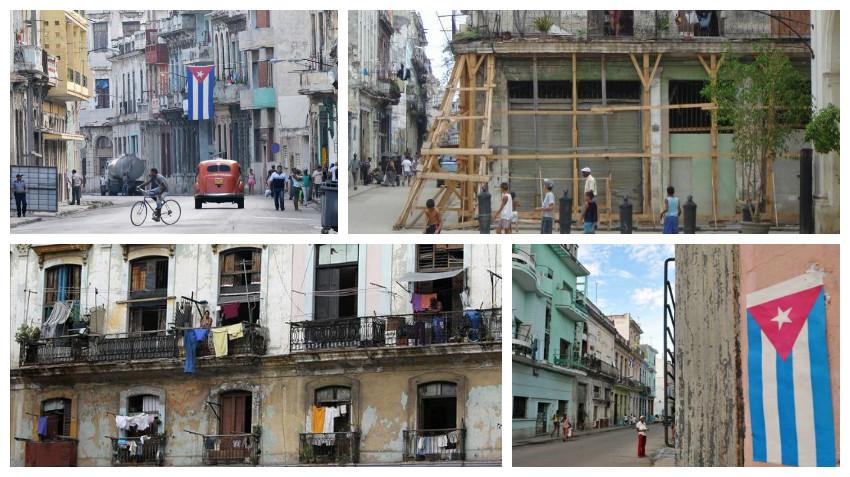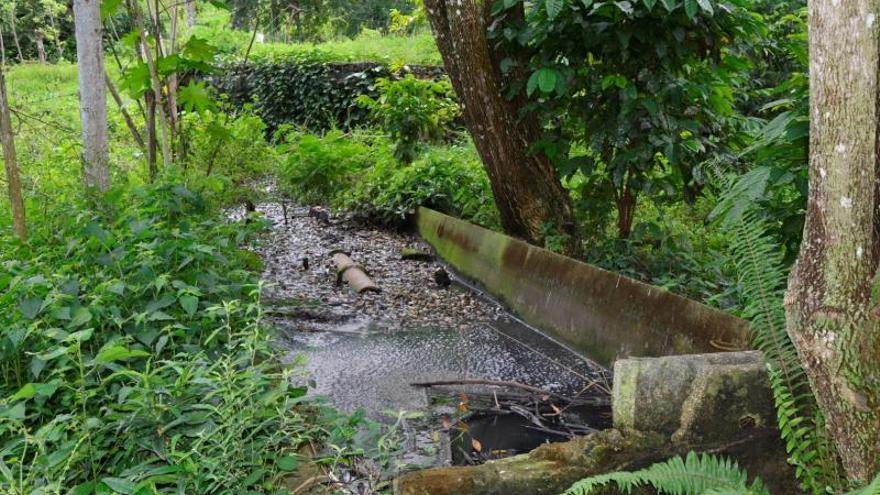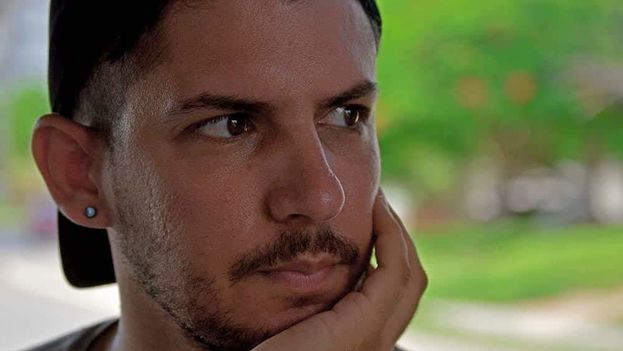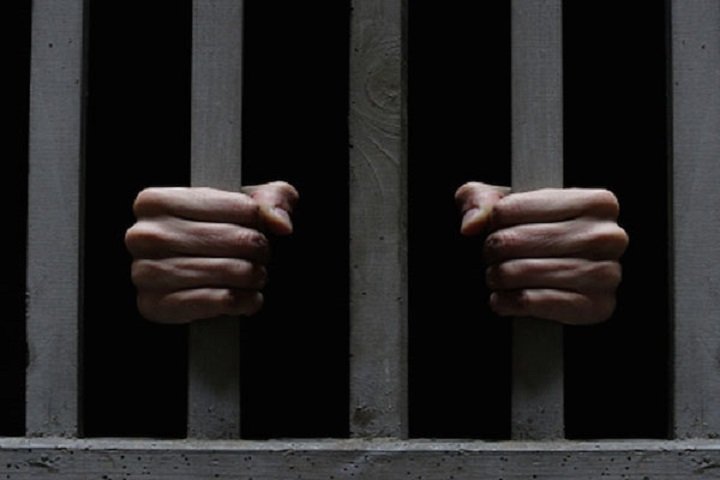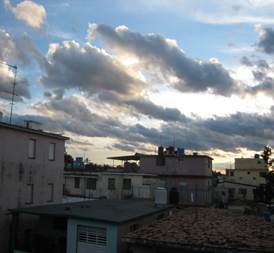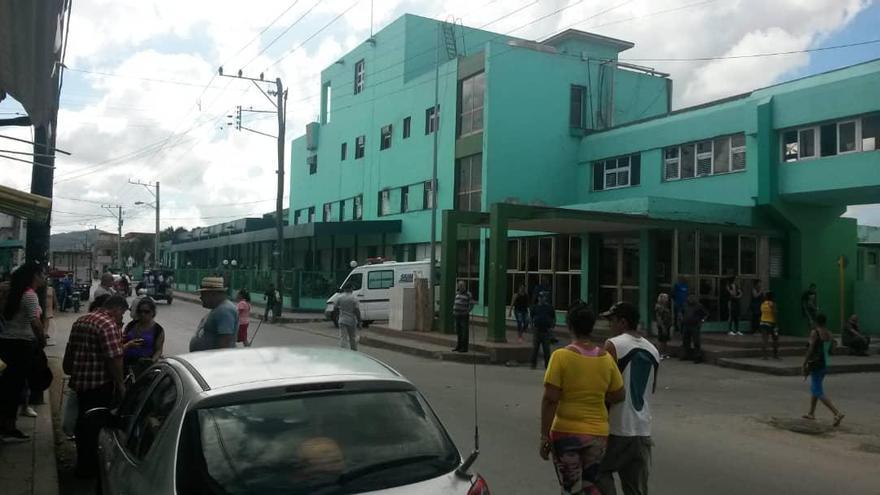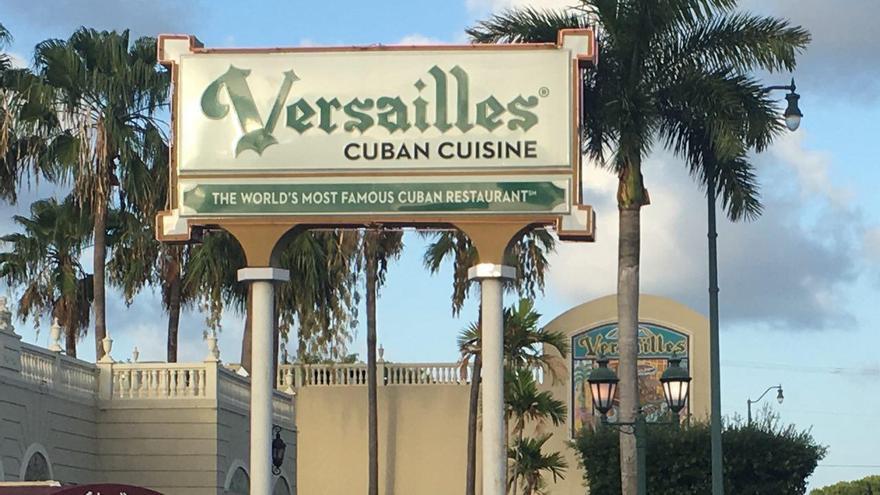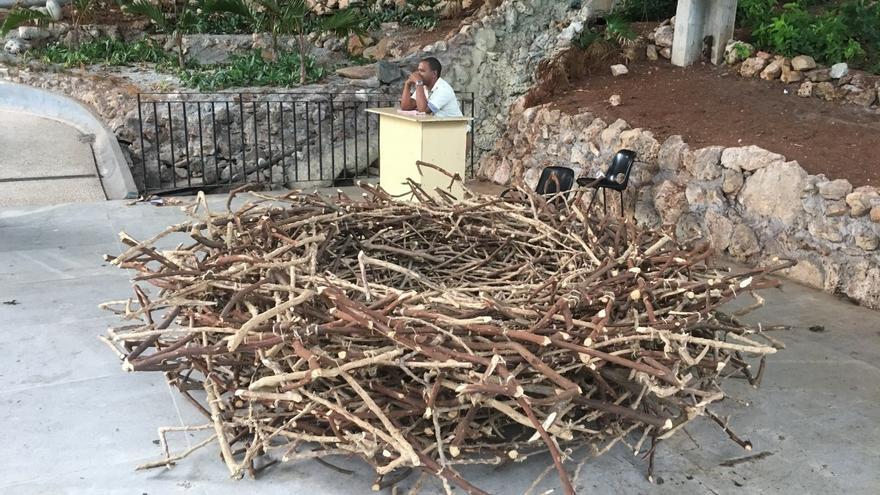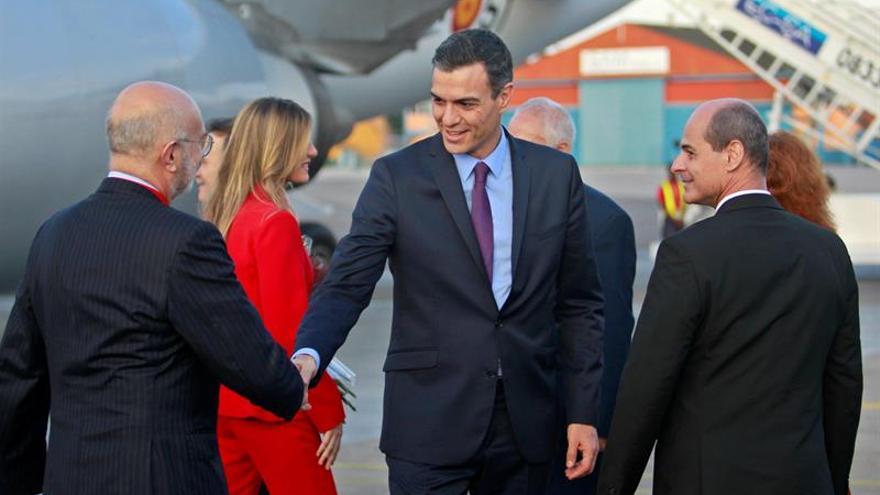
![]() 14ymedio, Marcelo Hernandez, Havana, 23 November 2018 – Thursday, when the plane of the Spanish Prime Minister, Pedro Sánchez, landed in Cuba, began like any other day. National newspapers reproduced extensive tributes to the late leader Fidel Castro, at sunrise pharmacies had long lines and in agricultural markets pork meat reached 55 Cuban pesos per pound, or two days’ salary for a state worker.
14ymedio, Marcelo Hernandez, Havana, 23 November 2018 – Thursday, when the plane of the Spanish Prime Minister, Pedro Sánchez, landed in Cuba, began like any other day. National newspapers reproduced extensive tributes to the late leader Fidel Castro, at sunrise pharmacies had long lines and in agricultural markets pork meat reached 55 Cuban pesos per pound, or two days’ salary for a state worker.
A brief note in the official newspaper Granma announced that Sanchez would arrive on an official visit to the island and in the centers of Spanish communities that dot the national geography, the descendants of Basques, Galicians and Asturians made the trip the main topic of the conversation. If in some places the subject was talked about intensely, among the broad social sectors that do not watch television or read the official press, the trip has barely registered.
On Monte Street, a Havana artery teeming with informal vendors and old shops converted to warehouses or stores selling in Cuban convertible pesos, Sanchez’s visit was only brought up this Thursday in connection with a desired modification of the so-called Law of the Grandchildren that permits application for Spanish citizenship to those who were left out in the prior iteration. continue reading
Lourdes, a self-employed worker who manages a small counter with scouring pads, plastic strainers and other kitchen utensils sees the arrival of Sánchez as “an opportunity to reopen to the descendants of Spaniards the process of applying for citizenship”. The seller assures that she does not want to emigrate “but to use the passport to travel to buy products in Panama and Mexico”.
The cubañoles (Cubans of Spanish descent) are the largest group of travelers who act as “mules”, Cubans who dedicate themselves to importing goods that are scarce in the networks of state enterprises. “A Spanish passport changes life for anyone,” says Lourdes.
While the news of the arrival of the president was among the headlines featured in the evening news, in the first news summary on Friday, the presence of Sanchez had to wait for news about the constitutional reform, the return of Cuban doctors from Brazil and the weather report. In the dissembled official “grammar” of communication, everything seems designed to minimize the importance of the visit.
It did not go unnoticed by attentive viewers that at the foot of the steps of the plane, Sanchez’s counterpart, Miguel Diaz-Canel, president of the Council of State, was not waiting. Instead of the ruler, the Spaniard was received upon his arrival in Havana by the Cuban Vice Minister of Foreign Affairs, Rogelio Sierra, who accompanied him to place a wreath at the image of José Martí in the Plaza de la Revolución.
Sanchez has said his presence lays the groundwork for a possible visit to the island by the King and Queen of Spain in the setting of the 500th anniversary of the founding of Havana that will be commemorated in November 2019. An announcement that has not escaped the sharp tongue of popular humor.
“They better hurry because at the rate of deterioration in this city they may find only ruins,” exaggerated a participant of the sports group* La Esquina Caliente (Hot Corner) in Central Park, a place through which Sanchez will walk to the Palace of the Captain Generals where this Friday he will hand over the chair of General Antonio Maceo .
A gesture of historical connotations that has been included in an agenda in which the Spanish Executive has preferred not to meet with the Cuban opposition, arguing that no European political leader has done it and that it was not about making gestures, but being effective. Sanchez and Diaz-Canel signed a memorandum by which the two countries commit to annual political contacts in which they will discuss, among other items, human rights.
In place of the dissidents, Sanchez prefers meeting with the descendants of Spaniards in the gardens of the ambassador’s residence in Havana. The guests include the layperson and editor of Cuba Possible, a moderate who is seen by the most radical opposition groups as a lightweight and by the spokesmen of the ruling party as an “enemy”. In the context of the meeting this Friday, he will be the most political figure who has been invited.
Others not invited have taken advantage of the new technologies to send Sanchez their views on the situation that exists on the island. As is the case of former political prisoner Librado Linares, who has sent an extensive missive to the Spanish president in which he takes the opportunity to denounce that part of the text of the Constitutional reform that includes articles that encourage “discrimination for political and philosophical reasons”, in addition to giving “a patent to the ’revolutionaries’ to commit outrages against the dissidents: acts of repudiation, assault against their homes, beatings, and other offenses.”
Translator’s note: The group is an informal, but unfailing, gathering of Havanans who vociferously talk about sports.
Translated by Wilfredo Díaz Echevarria
______________________________________
The 14ymedio team is committed to serious journalism that reflects the reality of deep Cuba. Thank you for joining us on this long road. We invite you to continue supporting us, but this time by becoming a member of 14ymedio. Together we can continue to transform journalism in Cuba.

